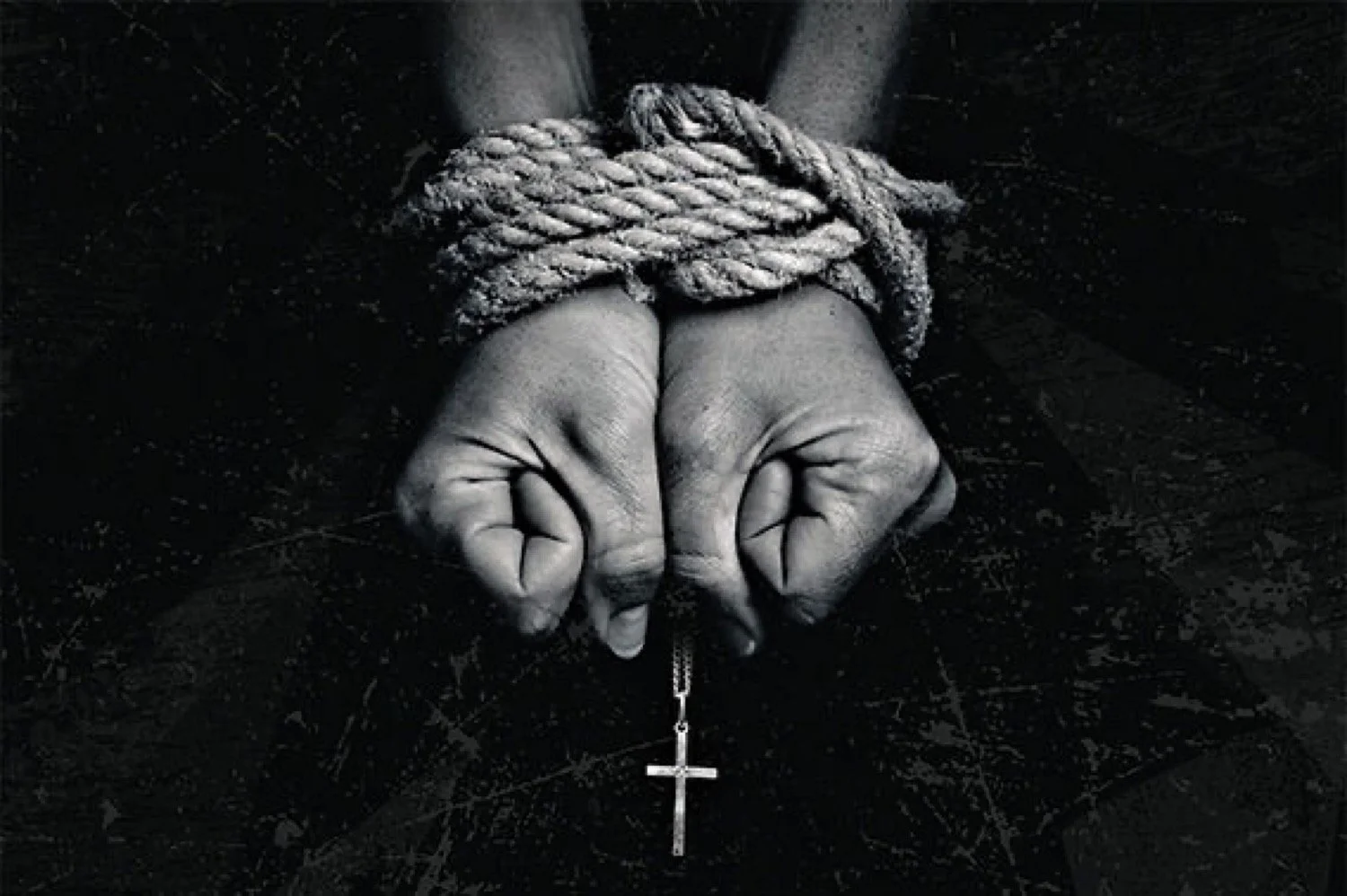Readings for today: Mark 1-2, Psalms 95
A few weeks ago, we had the privilege of baptizing almost thirty people. Some were young. Some were old. Some were in between. As is the custom at our church, we had several who were being baptized for the first time and several who were being reaffirmed in their faith. And because we take both groups to the water, it can be a bit confusing for those watching. What’s the difference? Is there even a difference? And where do we find biblical support for our practice? These are great questions and the answer can be found right here at the beginning of the Gospel of Mark.
The baptism of John is not a Christian baptism. That may come as a surprise for some readers. Quite often we assume, because the word “baptism” is used, that John is administering a Christian sacrament just like we do today. Nothing could be further from the truth. Baptism is a Greek word that simply means “immersion.” It is also a term that signifies ritual purity. A common practice for the Jewish people was to “baptize” themselves or immerse themselves in a “mikvah” which is a bath used for the purposes of ritual purification. And this is essentially what John is doing. He is using the Jordan River as a mikvah to baptize or immerse people for repentance and the forgiveness of sins. Please note these are faithful Jews who have been circumcised and who are participating in the Temple rites outlined in the Old Testament. They make their sacrifices and keep their sacred festivals. So why do they feel the need to go out to John for baptism? What is it that draws them to John’s preaching? Why do they respond in such numbers? John is the last of the Old Testament prophets. He is the one messenger Isaiah promised all those years ago. The one called to prepare the way of the Lord and there’s something about his preaching that the people find deeply compelling.
At the same time, John himself acknowledges the limits of his ministry. He is simply immersing people with water but there is one coming after him who will immerse them in the Holy Spirit. The baptism of Jesus will carry far more power and far more weight than John’s baptism ever could. In fact, John isn’t even worthy to untie Jesus’ sandals and yet it is John who baptizes Jesus at the launch of His ministry. This, of course, is to fulfill God’s plan and make Jesus known to the people. After this, John will decrease as Jesus increases. And his part in God’s plan comes to a close with his execution at the hands of Herod.
So back to the questions about baptism. The church has baptized new believers in Jesus Christ since the beginning. Following Jesus’ command in the Great Commission, we immerse them in water (or we sprinkle or pour which has the same symbolic effect) and speak the baptismal formula over them. “I baptize you in the name of the Father, the Son, and the Holy Spirit.” We believe the act of baptism to be a sacrament that seals the new believer as Christ’s own forever or, as in the case of infants, we baptize, trusting in the promise of God to bring the child to saving faith through the saving faith of their parents and local church community. In addition, the church has also recognized the need to offer some kind of public acknowledgement for repentance and the forgiveness of sins. Typically offered to believers who have lapsed back into their previous sinful ways or drifted from God or walked away from the church, these rituals provide an avenue for them to return to the fellowship of the saints and renew their faith in the Lord. In this way, it is very similar to the ritual John was offering at the Jordan River. And this is what we offer at our church to those who wish to publicly reaffirm their faith in Christ. It is not a second baptismal rite. It is not a replacement for a previous baptism. It doesn’t take away from the power of the sacrament of baptism. It simply acknowledges the continual need we all have as believers to repent and for the forgiveness of sins.
Readings for tomorrow: Mark 3-4, Psalms 96




